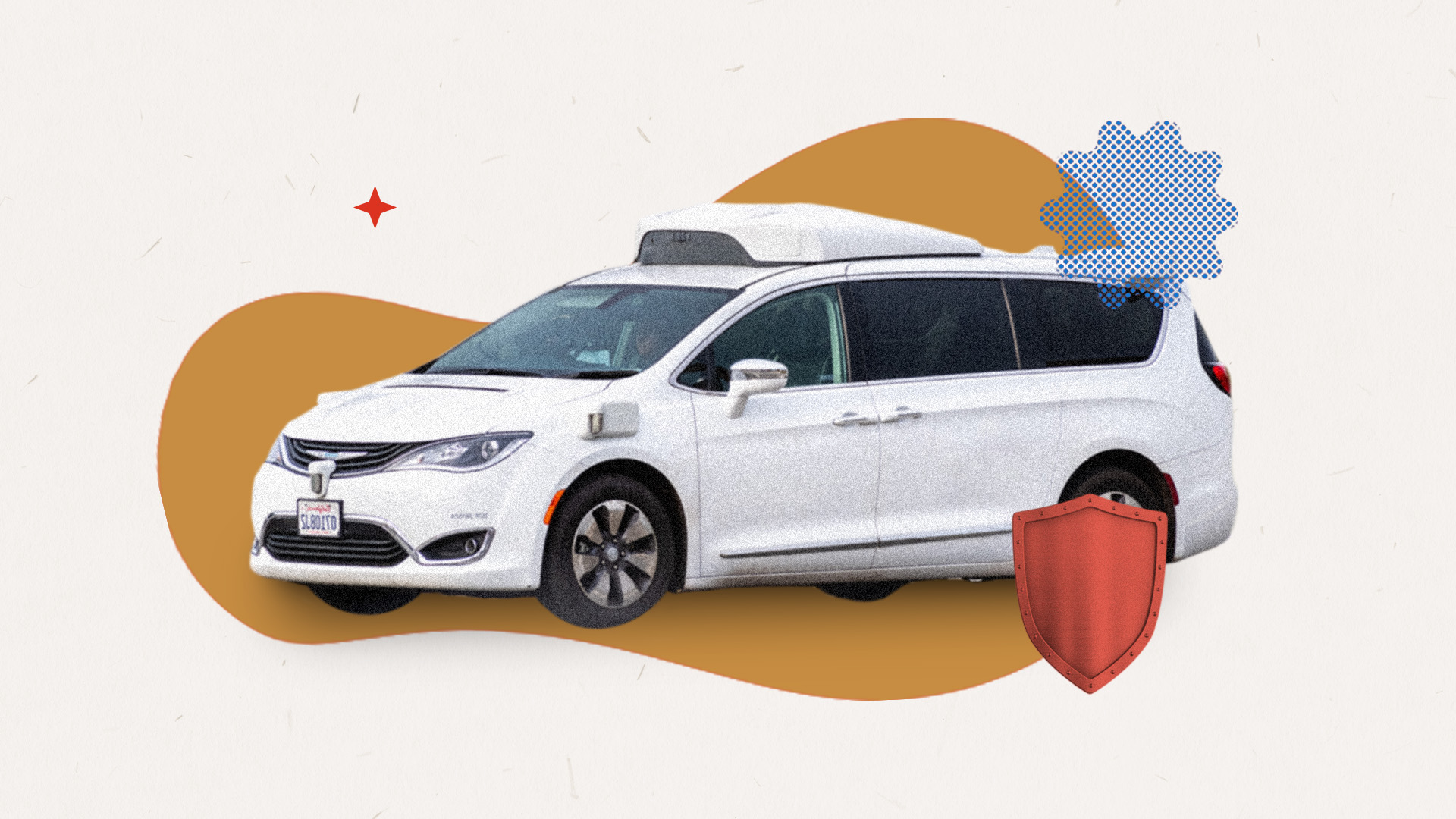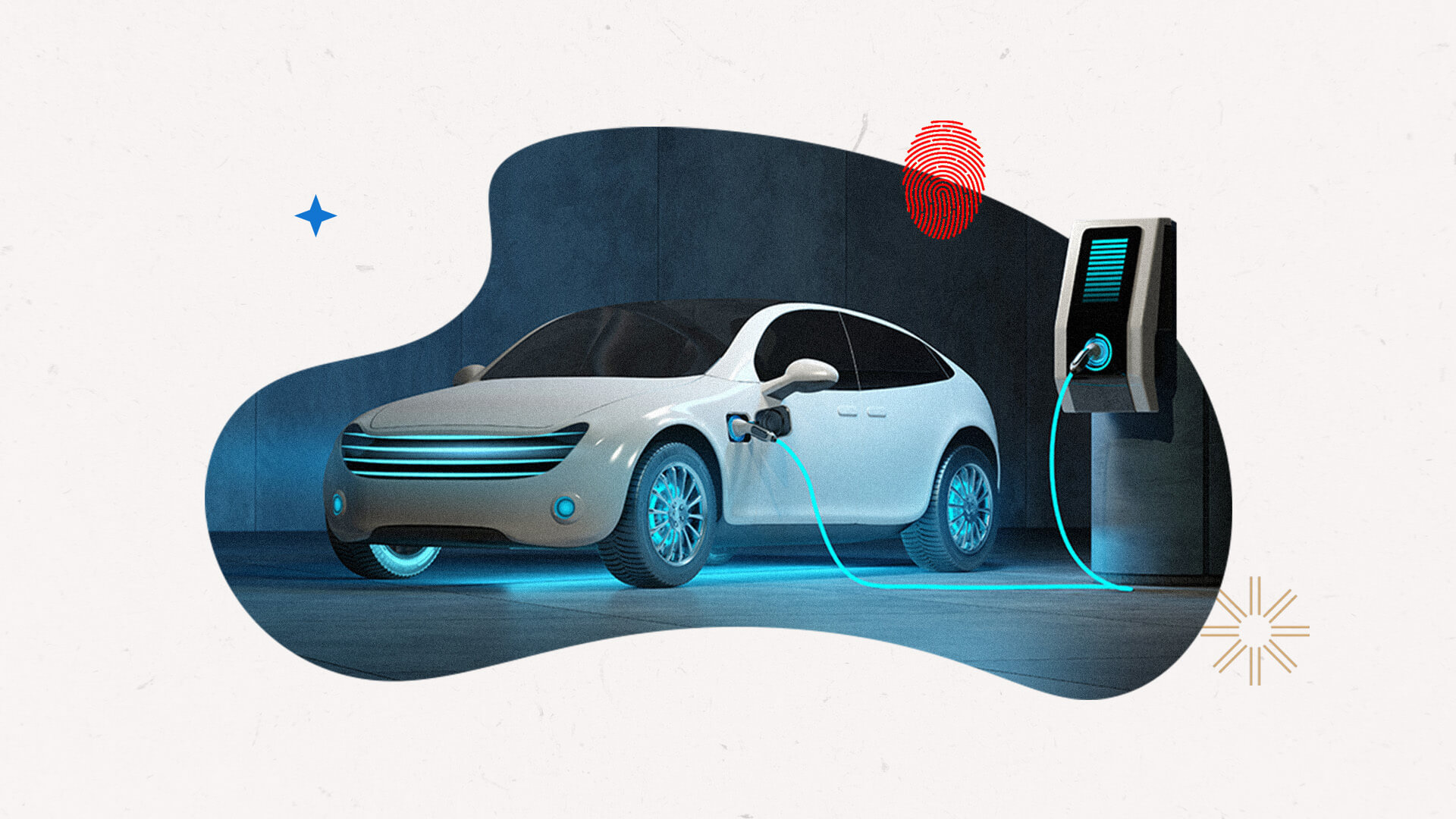
The auto industry has never seen anything quite like 2022.
New car production remains hampered by the global chip shortage, and the cost of used cars is up 40% from 2021 to 2022. More people believe it is a bad time to buy a car than at any point in the last 50 years.
The scarce inventory is putting prospective car buyers on the offensive. Cars.com reports that one in five recent buyers traveled 50 miles or more to purchase their new or used vehicle, and 10% traveled across state lines. Dealerships now have a higher chance than ever before to engage with out of state buyers.
Here’s what dealers need to know when selling across state lines.
Buyers will expect convenience
When a dealership is in a different state, it may be difficult for a prospective buyer to inspect inventory or make time to complete the purchase process. Both could be hurdles that jeopardize your ability to sell to out-of-state buyers.
The website therefore becomes the portal into a dealer’s showroom. That means dealers must prioritize their online presence. Buyers are likely to only make the trek if they feel informed and confident in the purchase they’re about to make.
Once a buyer is ready to make a move, dealers will want to consider how they can make the process of signing documents as quick and as painless as possible. This is an area where online-only retailers have gained a competitive edge in recent years: by offering an experience that takes less time and is more efficient. Embracing an eSignature solution is an easy way to skip the manual labor required to print and sign purchase documents.
Dealerships that request a limited power of attorney (LPOA) to register the title on behalf of the buyer should consider an online notarization solution. Vendors like Notarize allow buyers to connect with a notary online 24/7, allowing the buyer to complete the LPOA when and where it’s most convenient for them.
Collect the right taxes and fees
Selling across state lines requires a little extra effort from dealers. That’s because the title, taxes and registration – along with their processes – are likely different from their home state.
If the dealer has an LPOA and is registering the car on behalf of the buyer, they’ll need to be mindful of the registration requirements of the buyer’s home state. Additionally, sales tax should be collected and given to the state where the buyer is registering the vehicle, not the state where they bought it.
States occasionally have supplemental taxes that should be accounted for as well. For example, California has a “use tax” on cars brought in from another state. This tax occurs if the car was not purchased and used outside of California for at least 12 months before it was brought into the state.
Additionally, dealers may need to obtain a temporary registration card from the purchase state to allow the buyer to drive back to their home state.
Remember state emissions standards
Not all cars are created equal, but they’re all held to a certain standard when it comes to vehicle emissions.
In 2009, the California Air Resources Board (CARB) released what has become the national standard when it comes to vehicle emissions. Since then, 15 additional states have signed on to adopt CARBs standards, including many standards around greenhouse gas emissions and zero-emission vehicles.
If a buyer is coming to a dealership from one of the CARB states, the vehicle they leave with must meet emission standards. Dealers should be mindful of the rules and regulations of neighboring states. That way, they can help prospective buyers stay informed and feel at ease about their purchase.



